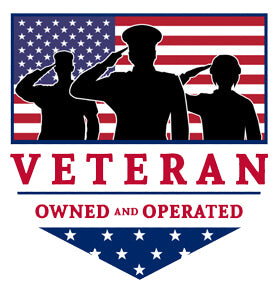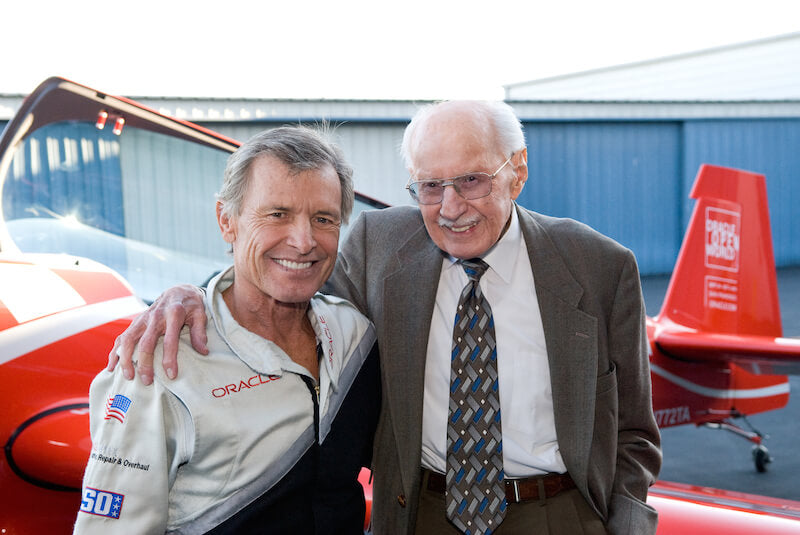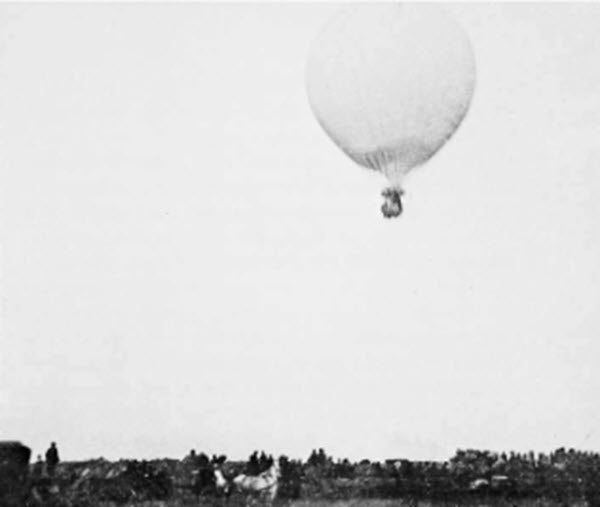The Orteig Prize
On February 26, 1927 a little known pilot filled out an application to win $ 25,000 for accomplishing what no one else had ever done.
The young pilot, Charles Lindbergh, lived in St. Louis, MO which had a very active aviation community of pilots.
He learned about the prize and determined to win it! Ah..., the American spirit!
A group of St. Louis pilots and businessmen caught the fever and decided to help him with the funding necessary to accomplish such an ambitious goal.
Linbergh researched a number of aircraft manufacturers to find an airplane suitable for this challenge.
He finally chose a Ryan NYP with a Wright Whirlwind J-5 engine and named it "The Spirit of St. Louis" in honor of all those who encouraged and helped him.
The cost for this aircraft was $ 10,580.
Lindbergh decided to make the flight solo in order to save on weight, and while the aircraft was being built spent those months studying charts and maps planning out his trans-Atlantic route.
Finally, on May 20th, 1927, he fueled the aircraft with 450 gallons of gasoline (which weighed 2,750 pounds), climbed into the cockpit and after a bumpy takeoff departed on his great adventure.
It was 7:52am on a rainy morning when he departed Roosevelt Field in New York enroute to a destination some 3,600 miles away: Paris, France.
The adventure had begun!

In the following video Jimmy Stewart, playing Lindbergh, takes off from Roosevelt field in New York City to start the great adventure:
Charles Lindbergh:

Note the flight goggles around his neck.
The Spirit of St. Louis
This aircraft was anything but comfortable.
It had no forward windscreen, so in order to see he installed a periscope to look straight ahead. Imagine, if you are a pilot, how difficult landing this aircraft would have been.
Here is an image of the interior of the cockpit:

The rest, as they say, is history.
US Military Goggles
In 1914, under contract to the US Army Air Corps, the American Optical Company in Southbridge, MA manufactures and supplies US Military Pilots with specifically designed goggles to protect their eyes.

Above is a picture of early AO American Optical Goggles.
Classic Aviator Sunglasses
In 1935 the U.S. Army Air Corps contracts with the American Optical Company to produce a pair of specially designed sunglasses for their pilots, and thus the classic aviator sunglass shape is born featuring USAAC branding.
These sunglasses were designated the model D-1.

A quote by U.S. Army Air Corps pilots Pitta, Fannell and Rottman: "The American Optical Company D-1 flying goggle assembly, standardized on 13 August 1935, was actually a pair of sun glasses with a rigid frame and plastic insulated arms."
Today those arms are called temples.
Those AO sun glasses were superseded by more comfortable flying sun glasses with comfort cable temples in November of 1941.
These were designed, manufactured and issued to U.S. military pilots years before Bausch & Lomb made the aviator glasses called "Ray-Ban" even existed, thus settling the question of who made the first Classic Aviator Sunglasses.
AO Eyewear, Inc.
In 1958 the American Optical Company creates the iconic FG-58 (Flight Goggle 58) for US Military Pilots.
This design is the now famous and common Classic aviator style sunglass.
Eventually this model became known as The Original Pilot sunglass.
Many years later the American Optical Company was broken up to maximize the value of it's various pieces, and the then President of AO, Alan Mckinley, purchased the sunglass division of AO.
The company was renamed AO Eyewear, Inc., and in 2020 was sold to Europa, a eyeglass and sunglass frame manufacturer in Vernon Hills, IL.
Today all AO Eyewear products are manufactured in the USA, and the quality has substantially improved over the years.
The flagship products for AO are the Original Pilot Sunglasses and General Sunglasses models.
In addition, AO has brought back the Saratoga which were made famous by one of our favorite presidents, John F. Kennedy.
And the rest, as they say, is history!
In the meantime, keep your eyes safe and focused on what's ahead of you Hersch!


ps: Please share "The Orteig Prize" with your friends on social media.





Leave a comment
This site is protected by hCaptcha and the hCaptcha Privacy Policy and Terms of Service apply.